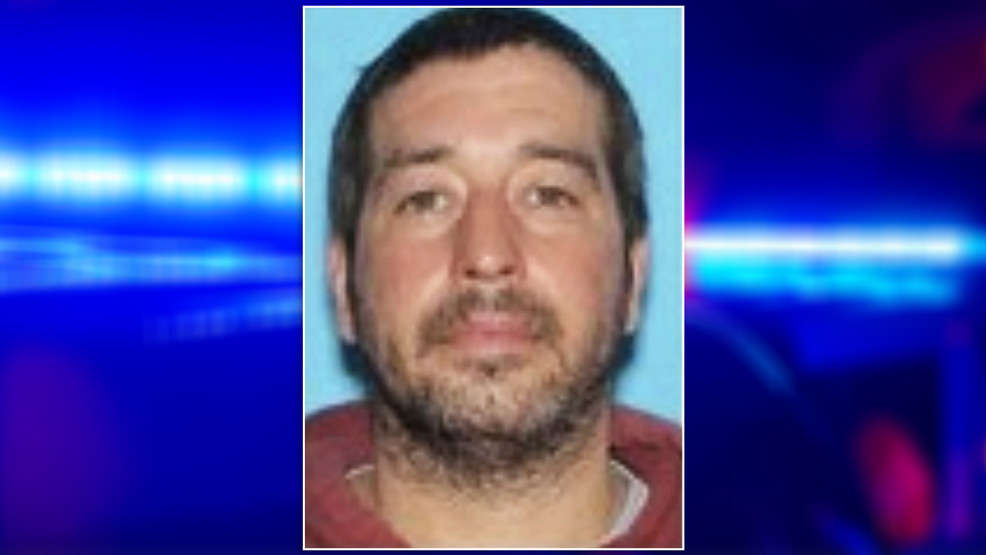
LEWISTON (WGME) – The motive for the Lewiston mass shooting is reportedly not clear, but “clearly there’s a mental health component,” according to Maine Commissioner of Public Safety Mike Sauschuck.
On Friday night, state officials announced 40-year-old Robert Card of Bowdoin, the suspect in the Lewiston mass shootings, was found dead.
Police say Card opened fire on people at both Just-in-Time Recreation, formerly known as Sparetime Recreation, and Schemengees Bar and Grille on Wednesday night, leaving 18 dead and sending more than a dozen to the hospital.
Police say Card’s body was found around 7:45 p.m. Friday in Lisbon Falls not far from the Miller Park boat launch along the Androscoggin River where Card’s white Subaru was found abandoned just hours after the shooting on Wednesday.
Maine Commissioner of Public Safety Mike Sauschuck says his body was found at Maine Recycling Corporation. His body was found in a trailer in the overflow parking lot of the business. Card was reportedly employed at the recycling facility at some point.
Sauschuck says Card died of an apparent self-inflicted gunshot wound.
“And at this point that is heavily resourced by Evidence Response Team members who are processing physical evidence in those locations. Again, as we’ve discussed, there’s a reason for that. That’s a lot of materials still there to work with. So, we expect that we’ll work through the weekend there,” Sauschuck said.
Sauschuck says a note was found in Card’s house. It was reportedly a note to a loved one.
“Doesn’t necessarily read as suicides note,” Sauschuck said.
The note did contain a phone password and bank account information. Experts are working to get inside of the phone.
On the question of motive, Sauschuck said: “Clearly there’s a mental health component to this.”
Based on what he has heard, Sauschuck said they don’t have access to any forcibly committed treatment information on Card.
“At this point, we certainly know there is a strong mental health cloud over what happened,” Sauschuck said.
Authorities have reportedly collected at least three firearms as evidence following the shootings.
The ATF says all the firearms do appear to be legally purchased by Card.
According to the Associated Press, Card was an Army reservist who had been taken by police for an evaluation after military officials became concerned that he was acting erratically in mid-July.
The AP reports commanders in the Army Reserve’s 3rd Battalion, 304th Infantry Regiment became concerned about Card’s behavior while the unit was training at the U.S. Military Academy at West Point in New York.
Military commanders reportedly became concerned about Card’s safety and asked for the police to be called, according to the AP.
A police bulletin said he had reported hearing voices and threatened to carry out a shooting at a military training base in Saco.
Law enforcement sources told CNN that investigators think that Card bought the gun he used in the shootings just days before he was ordered to undergo a psychiatric evaluation over the summer.
According to CNN, law enforcement sources say Card bought the high-powered rifle at a gun store in Maine just 10 days before the incident on the military base. He also reportedly bought a standard military pistol at the same time.
Many are asking questions about whether Card should have been able to possess a gun even if the purchase happened before the evaluation.
Some believe his time at the mental health facility should have triggered Maine’s yellow flag law.
This is meant to allow law enforcement to temporarily take guns away from people who may be a danger to themselves or others.
While we still don’t know if it could have been used to prevent Wednesday night’s tragedy, the law is still getting a lot of scrutiny.
The yellow flag law differs from other state’s red flag laws because it requires both a judge and a medical provider to sign off before weapons can be taken away if that person is proven to be a risk to themselves or others.
On Thursday night, Senator Susan Collins told reporters she believes Maine’s yellow law could have helped in Card’s case, but a day later, the Maine state police wouldn’t go that far.
Maine’s yellow flag law has been scrutinized in the past because there’s been a reluctance from some medical providers to participate in the process.
According to Card’s state criminal background, the only history is an arrest for OUI in April 2007 in Topsham, which was a misdemeanor. He was found guilty in May 2007. He was fined $500 and jailed for 48 hours. He also has his license suspended for 90 days.
